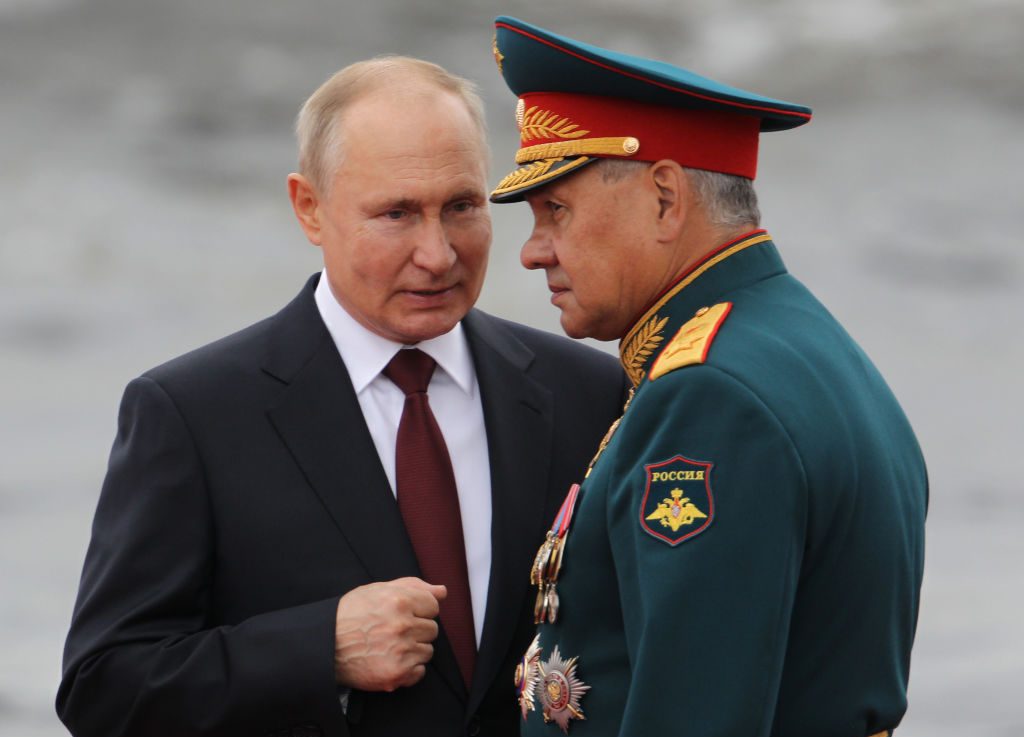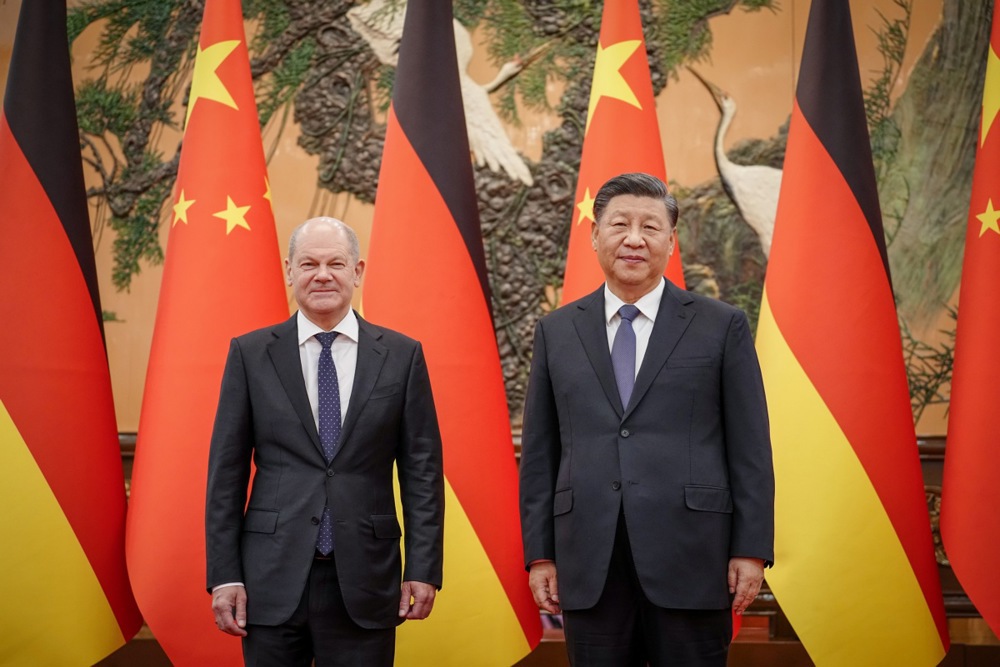The rule of law has featured high on the EU’s agenda during the current term.
Over the last five years, the Commission triggered the conditionality mechanism for the first time, blocked huge sums of EU funds on other grounds, launched infringement procedures on the sole basis of Article 2 TUE (common values, including the rule of law) and proposed a dedicated oversight mechanism for candidate countries.
The Parliament adopted countless resolutions on rule of law matters and – in the ultimate display of virtue signalling – sued the Commission for daring to strike a compromise with Hungary.
Finally, the Council adopted sanctions that excluded students, professors and universities from flagship programmes like Erasmus and Horizon.
Observers rightly see Von der Leyen’s first term as shaped by the pandemic, the Ukraine war and the Green Deal.
But this picture is incomplete if the “rule of law” is not added to the oft-cited trilogy. Since 2019, this vague legal notion has became a political dogma for all EU institutions. It is the perfect alibi to erode national sovereignty and grab competences without an explicit mandate.
Moreover, thanks to the weaponisation of the European budget, it has turned into an efficient whip to bring dissidents into line. In the last five years, we have witnessed the triumphant emergence of the European “rule of law” age. It has become the new path towards a top-down “ever closer Europe”.
Except that, like so many other mantras, “the rule of law” might well lead to the opposite of what it is supposed to mean: in the same way that “inclusion” means privilege, “diversity” is tantamount to pensée unique and anti-racism means judging persons according to the pigmentation of their skin.
What if “rule of law” means arbitrariness, double-standards, cynicism and hypocrisy? Rule of law or rule of flaws? Four examples provide, unfortunately, a fairly straightforward answer.
Arbitrariness? Like in Poland, where the EU blocked huge funds to the former government on the grounds of “systemic infringements” of the rule of law without even launching an infringement case under the conditionality regulation.
It did so on other grounds, for example freezing the country’s recovery plan on Warsaw’s failure to comply with the European Semester recommendations which, suddenly, became compulsory.
According to Brussels, EU funds could only be released once Warsaw implemented every stipulation on the organisation of its judicial system. But then the Commission ended up releasing the long overdue 137 billion euros to Tusk’s government on mere promises right after it came to power.
Double standards? Given the situation of Spain under Pedro Sánchez, this is a mere euphemism. Over the last several years, and especially since trading his political survival for a tailor-made and unconstitutional amnesty, the Spanish Premier has become a pseudo-virtuous undertaker for the rule of law.
Former justice ministers have become general prosecutors or constitutional judges within days or months and judges have been constantly defamed by members of the government.
The professional judicial associations are unanimously up in arms against Sanchez’s abuses, especially his plan to subordinate final judgments to parliamentary committees on “lawfare”.
Sanchez has colonised the public broadcaster, the bureau for statistic, the national polling Institute with political appointees. Has this been enough to trigger incensed political reactions and infringement procedures?
So far, the Parliament has had one debate and the Commission has sent a single letter, including two paragraphs on the amnesty. But millions of Spaniards have marched on the streets.
Maybe Spain should be grateful at these trifling measures, because in Poland, while Tusk’s police raided and shut down the public TV, the EU bubble praised the “restoration of the rule of law”.
Cynicism? It takes industrial amounts of cynicism to take students and professors as political hostages on purely theoretical grounds as the EU has done in Hungary.
21 Hungarian universities have been excluded from Erasmus and Horizon. It did this without mentioning those programmes in the decision adopted by the Ministers and without consulting a single student or rector about the alleged “lack of academic freedom”. There was not even the slightest hint of any evidence that EU funds were at risk.
As we speak, Russian students still have the possibility to participate in Erasmus individually; Hungarians don’t know if from July, they will. In other words, we see arbitrariness, leading to collective punishment and blunt discrimination in the name of the rule of law. All rather cynical, isn’t it?
Yet, the most striking paradox remains the EU’s hypocrisy.
As any first year student in European affairs learns, the EU suffers from a structural democratic deficit and would fail to comply with the rule of law standards it harshly impose on Member states.
The European Court of Justice is the only tribunal in the whole continent that is not subject to the European Court of Human Rights because it refuse to be so; the Court of Auditors is rife with former politicians with no experience in state audit; the EU adopts legislation (like the recent Media Law) on a totally twisted legal basis and it blithely infringes the Treaty by ignoring the cardinal principle of allocation of competences.
How on earth did the weakest link of the system became the self-proclaimed referee of the principles it infringes?
So, rule of law or rule of flaws? If the EU’s most iconic principle has become a mockery and a tool for ideological pressure, we all have good reasons to be worried.
But the EU institutions should be especially concerned. They are fanning the flames of Euroscepticism as they descend into ideological messianism. They are digging their own graves.





Europe’s capital needs media to challenge the status quo: That’s why Brussels Signal is launching